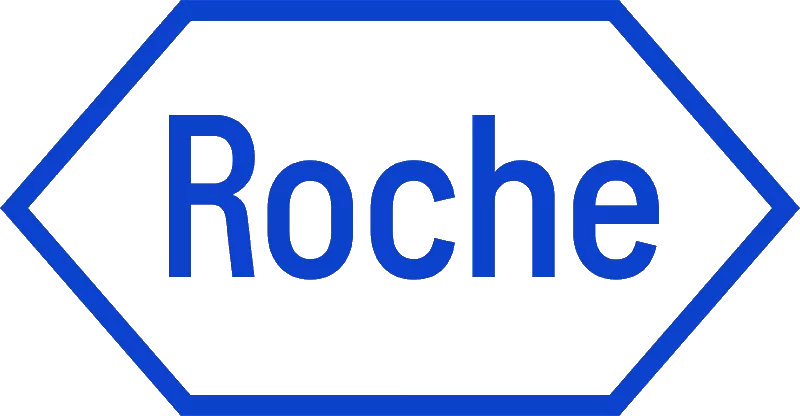
Zelboraf® (vemurafenib) is a prescription medication used to treat melanoma that has spread to other parts of the body (metastatic) or that cannot be removed by surgery (unresectable) and has a specific mutation in the BRAF gene (BRAF V600E mutation). It is also approved for the treatment of patients with Erdheim-Chester Disease (ECD) that has the BRAF V600 mutation. Zelboraf works by inhibiting the kinase enzyme, which is involved in the growth and spread of cancer cells.
Melanoma is a type of cancer that develops in the melanocytes, the cells responsible for producing melanin, the pigment that gives skin its color. It is the most serious form of skin cancer and can occur anywhere on the body, including areas not typically exposed to sunlight. Melanoma is characterized by the uncontrolled growth of melanocytes, which can form malignant tumors. Key risk factors include excessive UV exposure, fair skin, a history of sunburns, and genetic predisposition. If detected early, melanoma is highly treatable, but it can spread to other parts of the body, making it more challenging to treat in advanced stages. Treatments typically include surgery, radiation, chemotherapy, and targeted therapies such as BRAF and MEK inhibitors for specific genetic mutations.
Companion diagnostic testing is essential for determining whether a patient can be treated with Zelboraf® (vemurafenib). This testing identifies the presence of the BRAF V600E mutation in tumor cells, which is crucial because Zelboraf® specifically targets this mutation. Only patients whose tumors test positive for the BRAF V600E mutation are eligible for Zelboraf® treatment, ensuring that the therapy is used effectively and appropriately.
By confirming the presence of this mutation, companion diagnostic tests enable a personalized approach to cancer treatment. This targeted method enhances treatment outcomes, as studies have shown that patients with the BRAF V600E mutation respond significantly better to Zelboraf® compared to those without the mutation.

Place a test order through your EMR system if enabled or order online by logging in or signing-up for a Foundation Medicine account. Orders can also be submitted via email or fax using our Test Requisition Form.

Order this test through your EHR if you have an interface with Quest, via Quanum, or by paper requisition.

This companion diagnostic was developed by an IVD manufacturer as a kit. This is a valid FDA approved test if utilized by 3rd party diagnostic labs who have validated the test using the kit on the specified platform. It is not directly orderable from the manufacturer.
Zelboraf® is used to treat melanoma that has spread to other parts of the body (metastatic) or cannot be removed by surgery (unresectable) and has a specific BRAF V600E mutation. It is also approved for treating patients with Erdheim-Chester Disease (ECD) that has the BRAF V600 mutation.
Zelboraf® works by inhibiting the BRAF V600E kinase enzyme, which is involved in the growth and spread of cancer cells. By targeting this specific mutation, Zelboraf® helps to slow down or stop the proliferation of cancer cells.
Patients must have their tumors tested for the BRAF V600E mutation through a companion diagnostic test. Only those with this specific mutation are eligible for treatment with Zelboraf®, ensuring the therapy is effective and appropriate for their condition.
Common side effects include joint pain, rash, hair loss, fatigue, and photosensitivity. Severe side effects can include new skin cancers, heart abnormalities, liver damage, and severe skin reactions. Patients should be monitored regularly by their healthcare provider during treatment.
Zelboraf® is taken orally in the form of tablets. The usual dosage is 960 mg twice daily. However, the specific dosage and treatment schedule should be determined by a healthcare provider based on the patient’s condition and response to the treatment.
Patients should avoid excessive sun exposure and use sun protection due to the risk of photosensitivity. They should also inform their healthcare provider about any other medications they are taking and any pre-existing health conditions. Regular monitoring for new skin cancers and other side effects is necessary during treatment.

Founded more than 40 years ago, Genentech is a leading biotechnology company that discovers, develops, manufactures and commercializes medicines to treat patients with serious and life-threatening medical conditions. The company, a member of the Roche Group, has headquarters in South San Francisco, California. For additional information about the company, please visit http://www.gene.com.